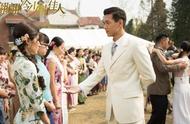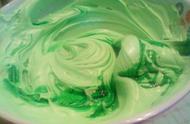
请下面这道题,逗号后面为什么用its而不用whose?
Not far from the school there was a garden, _____ owner seated in it playing chess with his little grandson every afternoon.
A. its B. whose C. which D. that
此题很容易误选B,许多同学想当然地认为句中逗号后是一个非限制性的定语从句,whose 在定语从句中用作定语修饰其后的名词 owner。此分析从表面上看,似乎天衣无缝,但实质上是错的,原因是空格后根本不是一个句子,因为它没有谓语。尽管句中有两个动词(seated 和 playing),但它们都是非谓语动词。也许有的同学会问,其中的 seated 不可用作谓语动词吗?不能。因为seat 用作动词时,它总是及物的,其后要么接宾语,要么它就用于被动语态,所以若在 seated 前加上助动词 is,则可以选择B(当然若将 seated 改为 sitting,也应选择B)。
所以此题最佳答案选A。请再看一个类似的例子:
(1) He wrote a lot of novels, many of _____ translated into foreign languages.
A. it B. them C. which D. that
(2) He wrote a lot of novels, many of _____ were translated into foreign languages.
A. it B. them C. which D. that
第(1)题应选B,而不能选C,是因为句中的 translated 是过去分词(非谓语动词),若选C,则该从句无谓语;第(2)题应选C,因为句中有谓语 were translated。再请看下面一例:
(3) He wrote a lot of novels, and many of _____ were translated into foreign languages.
A. it B. them C. which D. that
此题与上面的第(2)题不同,两句间多了一个并列连词and,说明这是一个并列句,故应选B,则不能选C。
请做做以下三题:
(1) There I met several people, two of _____ being foreigners.
A. which B. them C. whom D. that
(2) There I met several people, two of _____ were foreigners.
A. which B. whom C. who D. that
(3) There I met several people, and two of _____ were foreigners.
A. which B. them C. whom D. that

(答案均为B)
,














